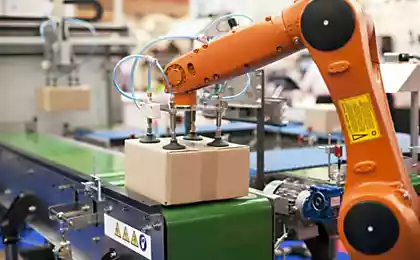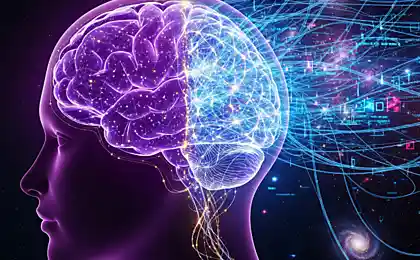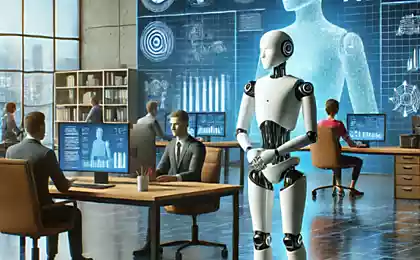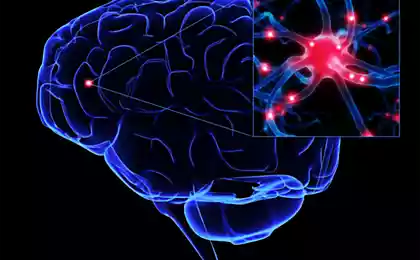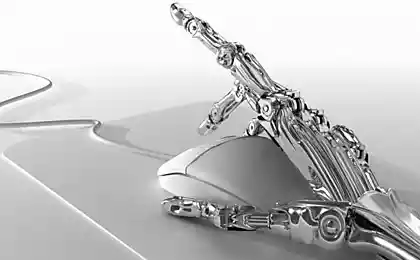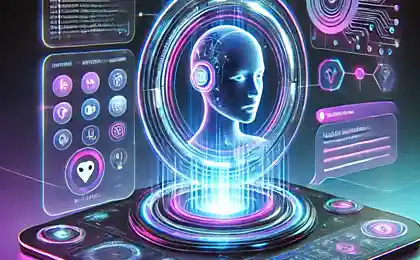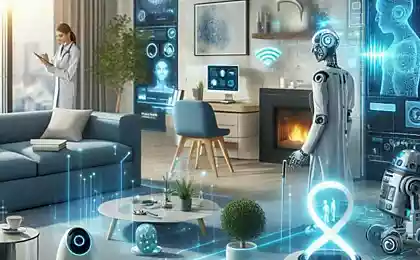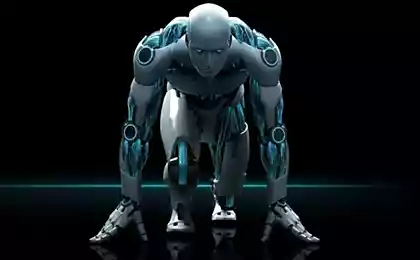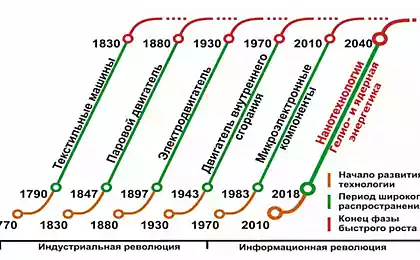409
Artificial intelligence: current trends and impact on our lives
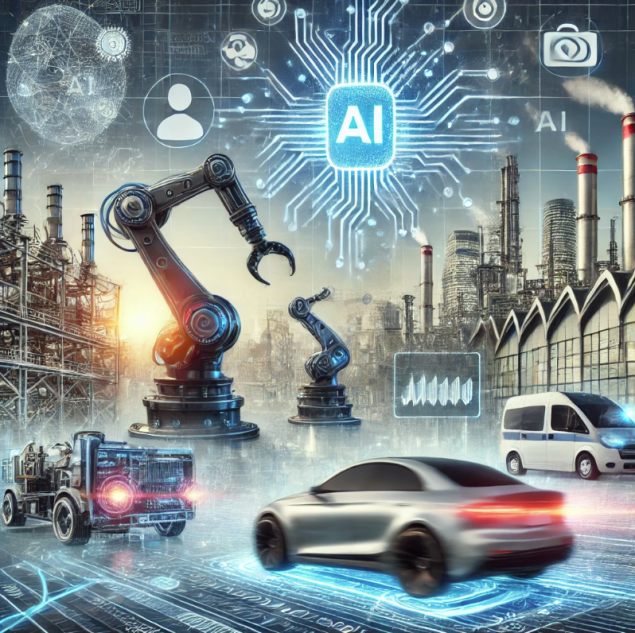
Artificial intelligence (AI) is actively changing our future. From automation of workflows to personalized recommendations on the Internet, AI penetrates all areas of life. It is important to understand how these technologies affect society and what prospects await us in the near future.
The main directions of application of AI1. Labor automation
One of the most noticeable changes is the automation of work processes. Many companies are already using AI-based robots and programs to perform routine tasks, which improves efficiency and reduces human error. For example, warehouse and factory management systems operate with minimal human involvement.
2. Medical diagnosis
AI is widely used in medicine, especially in diagnosis. Algorithms can analyze medical images, identify abnormalities, and even predict diseases. This greatly speeds up the diagnostic process and increases accuracy.
3. Transportation
The development of autonomous vehicles is another important area. Self-driving cars, delivery drones and traffic control systems are just the beginning of the transportation revolution. There are already prototypes of fully autonomous cars, which in the coming years may change the usual transport schemes.
Advantages and Challenges of AI Advantages:
- Improved efficiency;
- Reducing labor costs;
- New opportunities in medicine and science.
- Potential loss of jobs;
- Ethical issues of control and regulation;
- Data privacy issues.
How will AI change the job market? One of the most discussed topics is how AI will change the job market. On the one hand, automation will lead to job losses, especially in areas such as manufacturing and logistics. On the other hand, AI will open up new jobs related to the development, implementation and support of these technologies.
Opportunities for new professions:
- Specialists in machine learning;
- Developers of neural networks;
- Ethics in AI.




